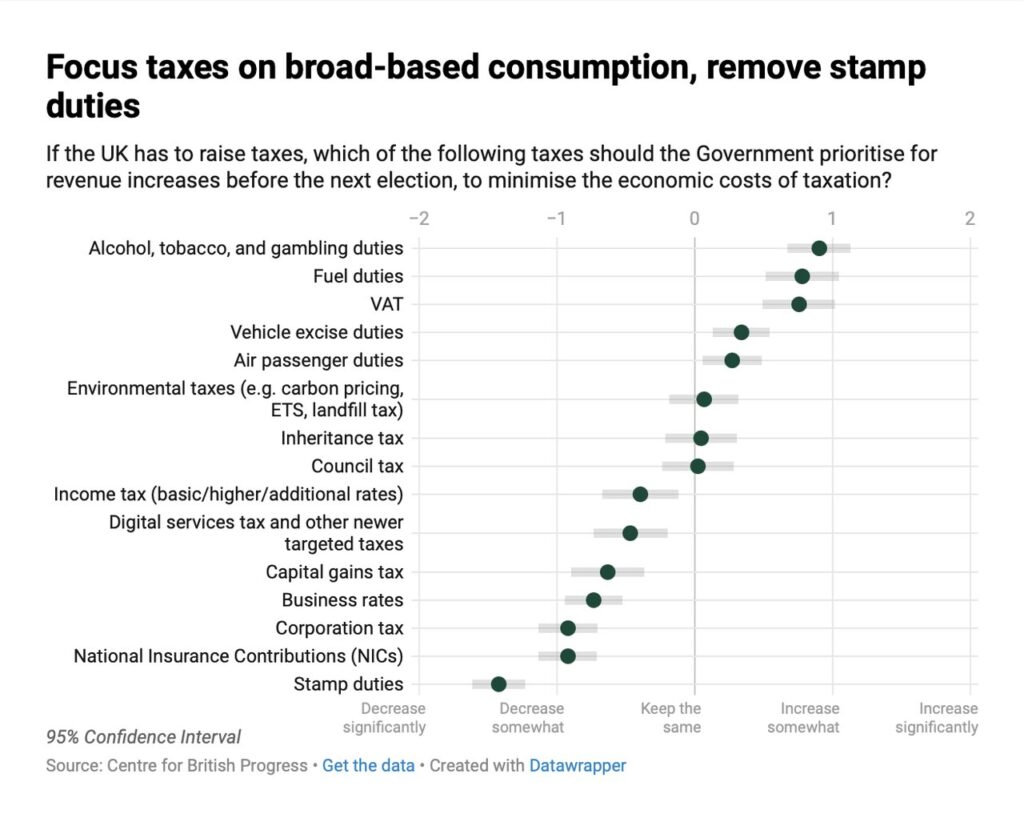Britain’s growth problem is, at its core, “a crisis of building”, according to new research from the Centre for British Progress.
The think tank’s UK Growth Survey 2025, which polled more than 100 economists, researchers and policymakers, found near-unanimous agreement that reforming the planning system is the most urgent step the Government can take to revive the economy.
Respondents said decades of restrictive planning rules have throttled productivity, investment and housing supply.
From homes in London to transport links in Leeds and energy projects in Wales, economists pointed to a system that “simply doesn’t let Britain build”.
DIVIDED COUNTRY
The survey paints a picture of a country divided. London and the South East, it said, remain highly productive but constrained by a lack of housing, while other regions face crumbling infrastructure, high energy costs and limited investment.
One of the report’s authors described it as “a tale of two countries” – one short on homes, the other short on opportunity.
The study also highlights Britain’s energy costs – among the highest in the world – as a major barrier to growth, limiting household spending power and deterring manufacturing and AI investment.
While most respondents backed expanding nuclear capacity and allowing new North Sea exploration, few believed energy prices would fall quickly.
PROPERTY TAX
Fiscal policy was another area of focus. With a £20–40bn fiscal gap looming, respondents favoured property and fuel taxes over higher business or capital taxes.
Many called for a proportional property tax to replace stamp duty, describing it as fairer and less distortive to the housing market.

“There are free lunches out there,” the report concludes, arguing that deregulation, planning reform and devolution could unlock growth without extra state spending.
*The UK Growth Survey 2025 was carried out by the Centre for British Progress during August, polling more than 100 economists and policy experts across academia, business and government.








